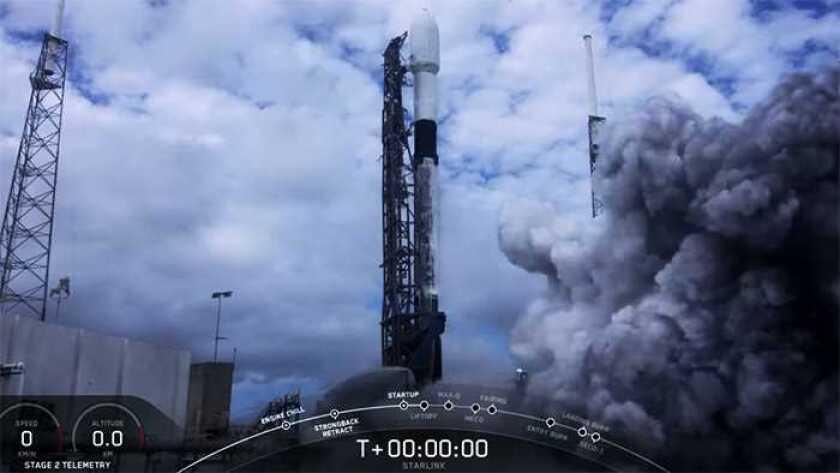The Federal Communications Commission (FCC) listed the winners of phase one of a reverse auction for the Rural Digital Opportunity Fund (RDOF), by which it hoped to offer a total of $16 billion.
However the process left $6.8 billion unclaimed. That will be rolled over into phase two of the RDOF, said the FCC, making a total of $11.2 billion still to come.
FCC chairman Ajit Pai said: “We structured this innovative and groundbreaking auction to be technologically neutral and to prioritise bids for high-speed, low-latency offerings. We aimed for maximum leverage of taxpayer dollars and for networks that would meet consumers’ increasing broadband needs, and the results show that our strategy worked.”
Almost all the locations will be receiving broadband with speeds of at least 100Mbps down, 20Mbps up, said the FCC, “with an overwhelming majority (over 85%) getting gigabit-speed broadband”.
Pai added: “This auction was the single largest step ever taken to bridge the digital divide and is another key success for the Commission in its ongoing commitment to universal service.”
Charter Communications was one of the biggest single winners, getting $1.22 billion for over a million locations across the US.
Several fixed wireless companies, including LTD Broadband, Nextlink and Resound Networks, appeared among the top successful bids. LTD gets $1.32 billion for more than half a million locations; Nextlink gets $429 million and Resound $310 million.
Conexon — the Rural Electric Cooperative Consortium — won 618,000 bids for a total of $1.1 billion. The consortium works exclusively with electric cooperatives to build fibre networks across the US: “We have managed or built more miles of fibre than any provider or carrier in the nation,” it said.
Elon Musk’s SpaceX won almost 10% of the funds allocated by the FCC, for 642,925 separate projects over 10 years.
The money will be spent on Starlink, SpaceX’s planned constellation of 12,000 satellites, of which 900 are already in orbit.
Among the other notable winners, Windstream gets $522 million, Frontier Communications gets a total of $428 million between two divisions, and CenturyLink gets $262 million.
Pai said: “I’m thrilled with the incredible success of this auction, which brings welcome news to millions of unconnected rural Americans who for too long have been on the wrong side of the digital divide. They now stand to gain access to high-speed, high-quality broadband service.”
The auction used a multi-round, descending clock auction format in which bidders indicated in each round whether they would commit to provide service to an area at a given performance tier and latency at the current round’s support amount.
The FCC said that the auction “was technologically neutral and open to new providers, and bidding procedures prioritised bids for higher speeds and lower latency”.
The auction “unleashed robust price competition that resulted in more locations being awarded at less cost to Americans who pay into the Universal Service Fund”, the regulator added. “The 5,220,833 locations assigned support in the auction had an initial reserve price of over $26 billion over the next decade,” but the FCC said “vigorous competition among bidders” brought the total outlay to $9.2 billion.
Winners “must meet periodic build-out requirements that will require them to reach all assigned locations by the end of the sixth year”, said the FCC, which offers incentives “to build out to all locations as fast as possible”.
The RDOF is additional the 5G Fund for Rural America, announced in October 2020, which will distribute up to $9 billion over the next decade to bring 5G wireless broadband connectivity to unserved rural areas in the US.






